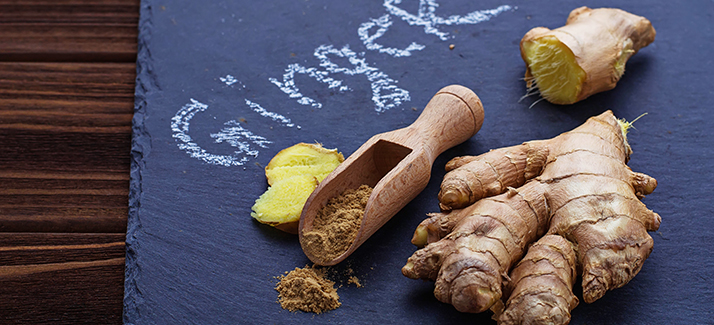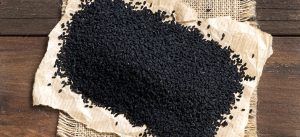Ginger contains many phenolic compounds such as gingerol, shogaol, paradol and zingerone that exhibit powerful antioxidant, anti-tumor and anti-inflammatory properties.
Ginger is part of the Zingiberaceae family, along with cardamom and turmeric.
Gingerol
Found higher in fresh ginger
Gingerol is the main bioactive compound in ginger, responsible for much of its medicinal properties
Shogaol
Found higher in dried ginger
Ginger Potential Health Benefits
Reducing nausea, pain, digestion, loss of appetite, motion sickness and inflammation.
Traditionally used to reduce inflammation and treat inflammatory conditions.
Ginger is diaphoretic, which means that it promotes sweating so can warm the body from within.
Ginger tends to accumulate in the gastrointestinal tract
Additional Reading:
Books
Research:
Ginger and Its Constituents: Role in Prevention and Treatment of Gastrointestinal Cancer
Pharmacotherapeutic potential of ginger and its compounds in age-related neurological disorders.
Gingerols and shogaols: Important nutraceutical principles from ginger.
6-Gingerol is the most Potent Anticancerous Compound in Ginger
Biological properties of 6-gingerol: a brief review.
Cross-talk between 10-gingerol and its anti-cancerous potential: a recent update.
Gingerol and Its Role in Chronic Diseases
Ginger (Zingiber officinale) reduces muscle pain caused by eccentric exercise.



